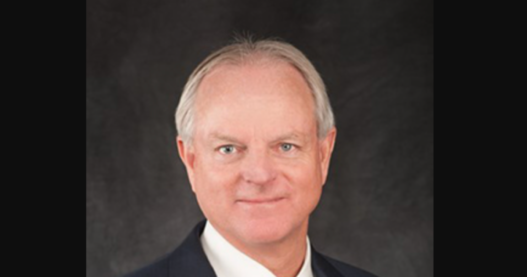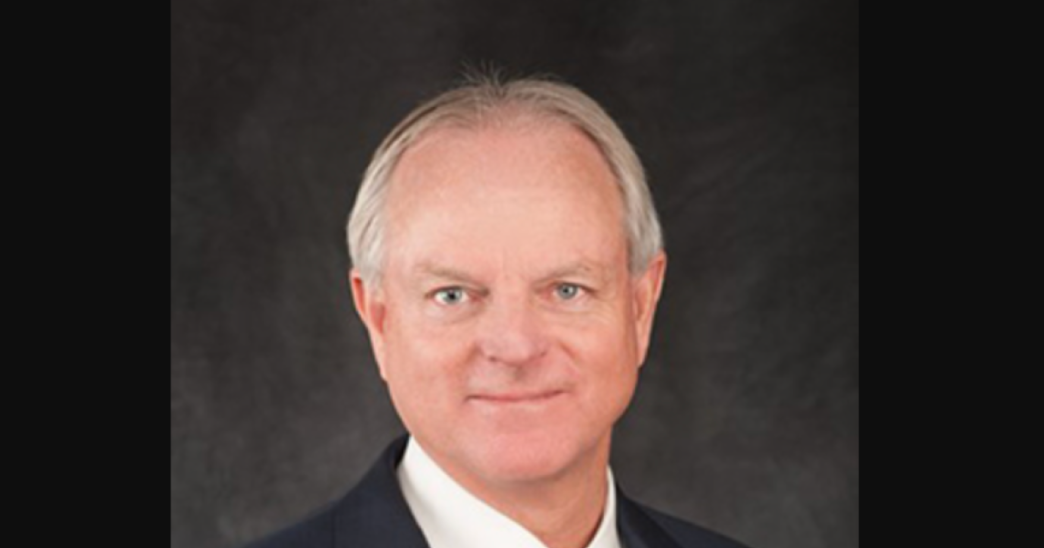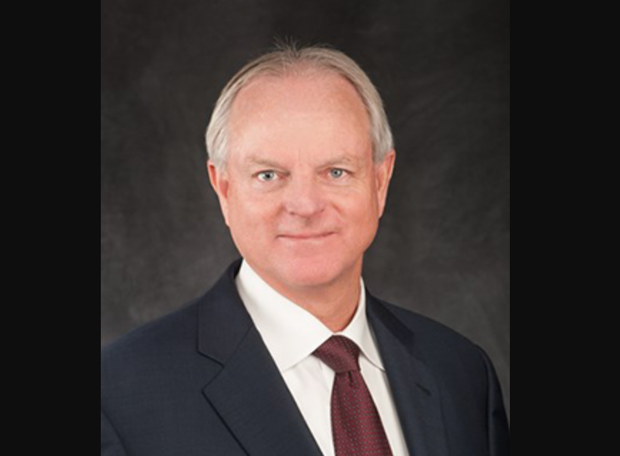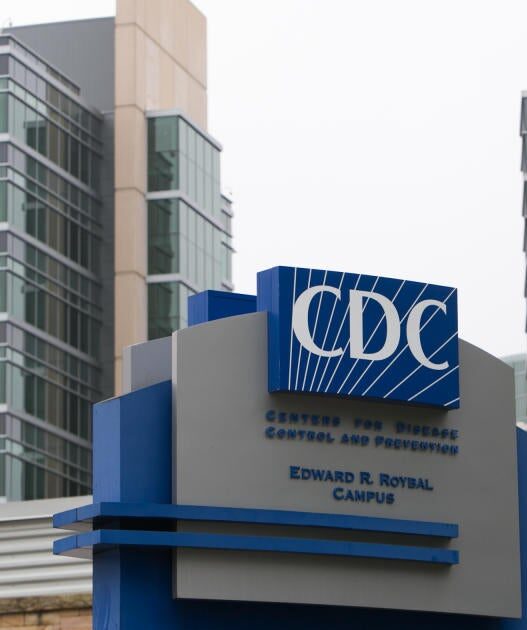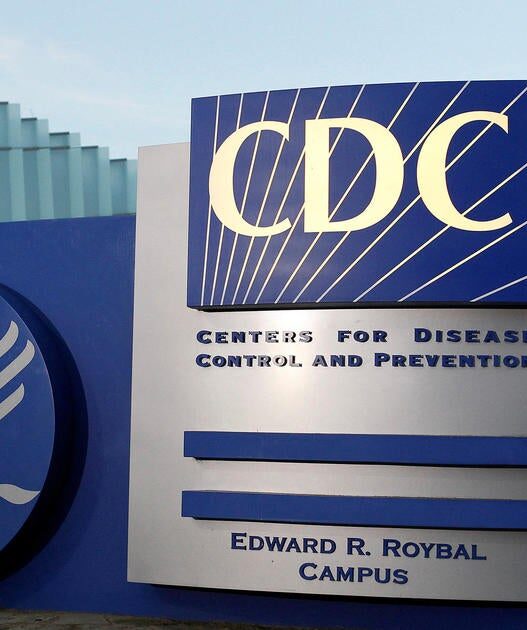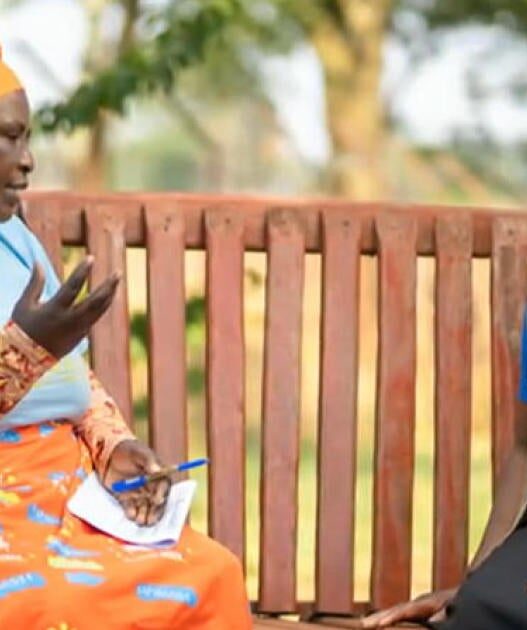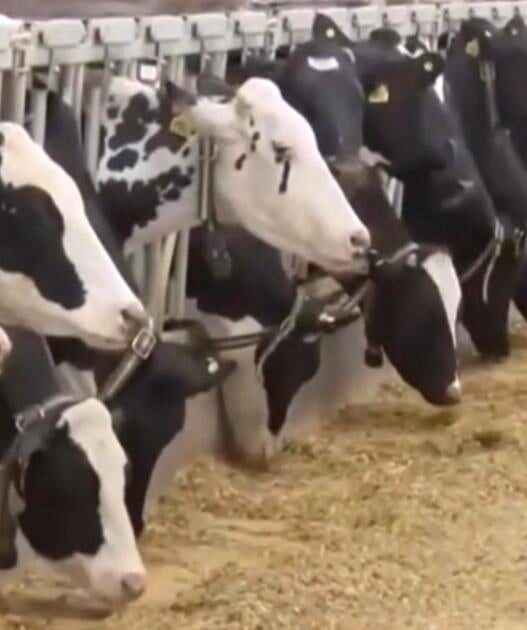President Trump has selected Gerald Parker, a veterinarian and former top-ranking federal health official, to head the White House’s pandemic office, two U.S. officials tell CBS News.
Congress created the White House Office of Pandemic Preparedness and Response Policy after the COVID-19 pandemic.
As part of one of the lessons learned from the outbreak, the office was intended to formalize the so-called czar roles that had led efforts across the federal government to prepare and respond to pandemic threats.
Parker was previously the associate dean for Global One Health at Texas A&M University. “One Health” refers to the study of how health threats in animals and the environment are closely linked to human health concerns, including how dangerous viruses and bacteria often emerge in animals before spreading to humans.
Spokespeople for the university and the White House did not immediately respond to requests for comment.
Texas A&M website
He has served under Republican and Democratic administrations alike, and was recently head of the National Science Advisory Board for Biosecurity under the Biden administration. This office was charged with crafting recommendations for new rules governing research that could create riskier pathogens.
Parker has worked for the Departments of Defense, Health and Human Services and Homeland Security.
“I’ve not been a fan of every choice that Donald Trump has made. And I’ve been very critical of many of them. This one is a very good choice,” said Dr. Ashish Jha, former White House COVID-19 response coordinator under President Biden.
Jha said he had consulted with Parker many times, describing him as widely known within the public health community as “deeply knowledgeable, serious, not particularly partisan, but really just very focused on important issues.”
One of the first challenges Parker will have to tackle is the unprecedented spread of bird flu around the country.
In recent months, variants of the virus have decimated the poultry and dairy industries, driven up egg prices and led to concerns about spillovers into humans, including one death in Louisiana.
Under the Biden administration, the office was charged with coordinating the mammoth response operations at HHS agencies, including the Centers for Disease Control and Prevention and Food and Drug Administration, with the U.S. Department of Agriculture, which has struggled to investigate and stomp out spread of the virus in farms.
“There are very few public health experts who have that breadth of knowledge around One Health and have dealt with animal health. And so, I think that is an advantage he has over many other people,” said Jha.
Other challenges loom on the immediate horizon, including the U.S. response to a new outbreak of an Ebola virus in Uganda that has faced delays due to the Trump administration’s sweeping pauses on foreign aid and shutdown of U.S. Agency for International Development missions.
Parker’s selection for the role suggests that President Trump is not planning to do away entirely with the office, a possibility he had raised during his campaign.
Some Trump advisers had suggested that the office might be reorganized into the National Security Council, instead of operating as a standalone team.
One current health official voiced concern over whether Parker’s team would be adequately staffed for the breadth of work awaiting him, as he starts at the White House this week.
“I do know that by picking Gerry Parker, I think at least the Trump White House is signaling they’re going to take biological threats seriously and they’re going to have a serious person at the helm,” said Jha.

